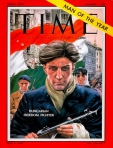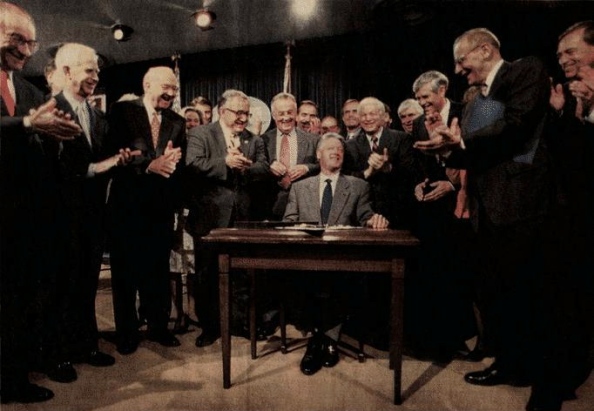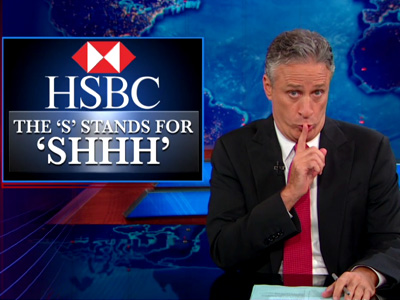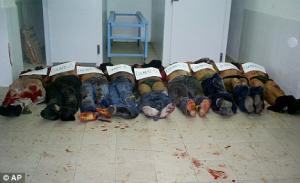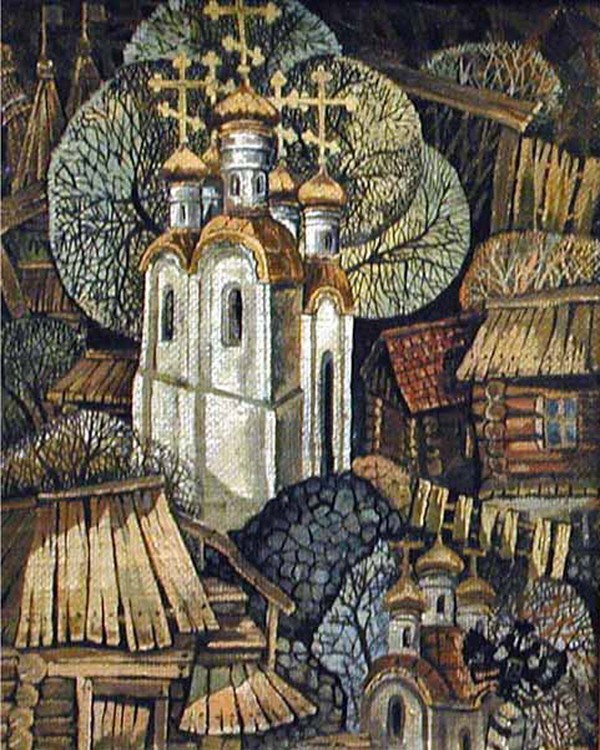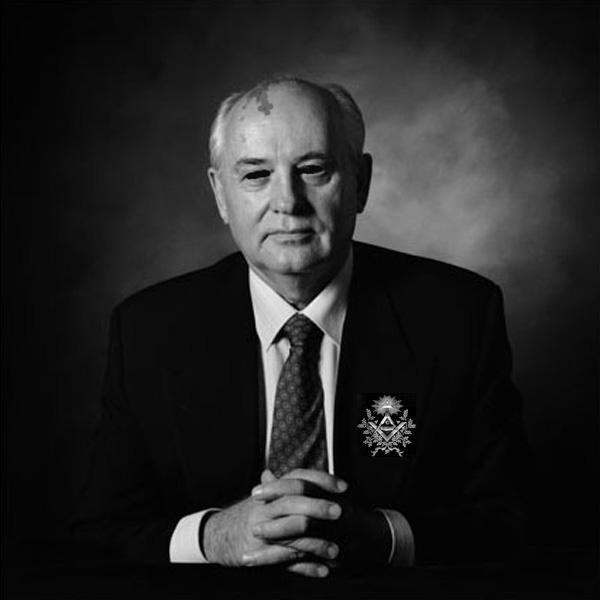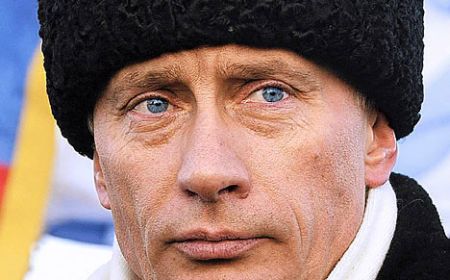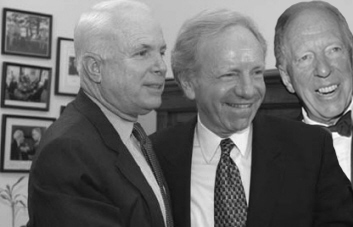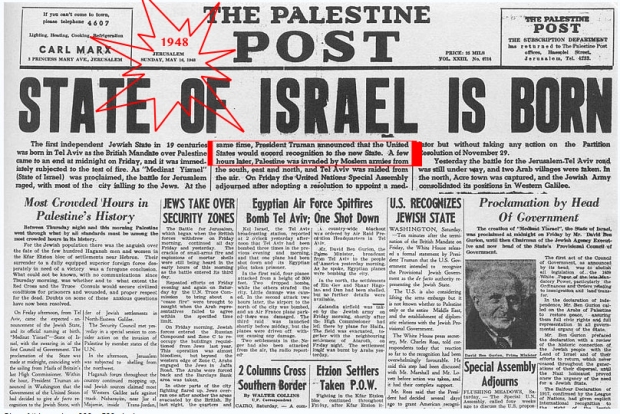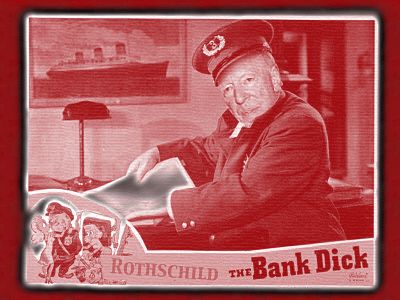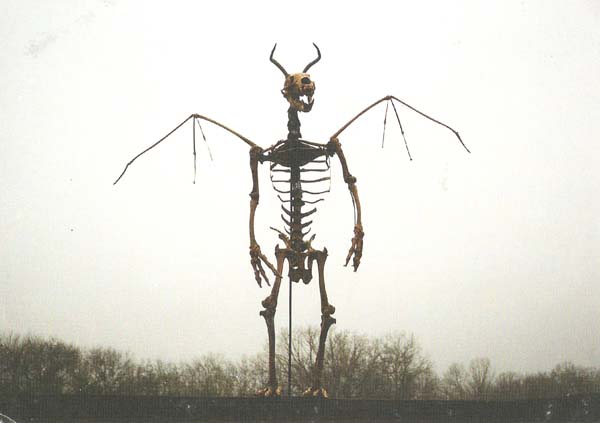Friday, September 7, 2012
Breaking news, Real IRA Dublin, Alan Ryan murder, Dublin gangs, Dublin shooting, Drug dealers, Sinn Fein, Continuity IRA, alan ryan funeral
Breaking news, Real IRA Dublin, Alan Ryan murder, Dublin gangs, Dublin shooting, Drug dealers, Sinn Fein, Continuity IRA, alan ryan funeral
Latest news: 9.45am/6/9/2012: THERE will be a massive armed garda presence for the paramilitary funeral of Real IRA terror boss Alan Ryan which will take place in his native Donaghmede in north Dublin on Saturday.
The body of murder victim Ryan (32) is expected to be released to his family tomorrow morning for a wake in his family home at Grange Abbey Drive.
Ryan will be buried after a 10am funeral mass at the Holy Trinity Church in Donaghmede.
Leading dissident Republicans from both sides of the border are expected to attend the event which will be closely watched by members of the garda Special Detective Unit.
A source said: “This will be the biggest IRA funeral in the Republic for many years Tensions are very high at the moment and there is a very real expectation that there will be revenge attacks in the days after Ryan's funeral.”
Yesterday hooded men placed Tricolours and black flags on the lamp-posts all around Grange Abbey.
At the home of the terror boss, a massive Tricolour flies from an upstairs window of the house, while another Tricolour and a black flag hanging on a pole outside.
At nearby Grange Lodge Avenue, where Ryan was gunned down on Monday, a large slogan saying Alan Ryan RIP IRA has been painted on a wall.
Floral tributes and candles also mark the spot.
In a statement, the Dublin branch of the 32 County Sovereignty Movement said: “Alan was black and white, straight to the point and never silent within the republican movement when problems arose.
“Alan was not afraid of dying or even being murdered by either the Brits, the freestaters or the cowardly scum that took him away from us.
“His only fear was that he would die in vain, let us stand together and make sure that he does not, let us move forward and fight on for what Alan stood for every living moment of his life.”
The body of murder victim Ryan (32) is expected to be released to his family tomorrow morning for a wake in his family home at Grange Abbey Drive.
Ryan will be buried after a 10am funeral mass at the Holy Trinity Church in Donaghmede.
Leading dissident Republicans from both sides of the border are expected to attend the event which will be closely watched by members of the garda Special Detective Unit.
A source said: “This will be the biggest IRA funeral in the Republic for many years Tensions are very high at the moment and there is a very real expectation that there will be revenge attacks in the days after Ryan's funeral.”
Yesterday hooded men placed Tricolours and black flags on the lamp-posts all around Grange Abbey.
At the home of the terror boss, a massive Tricolour flies from an upstairs window of the house, while another Tricolour and a black flag hanging on a pole outside.
At nearby Grange Lodge Avenue, where Ryan was gunned down on Monday, a large slogan saying Alan Ryan RIP IRA has been painted on a wall.
Floral tributes and candles also mark the spot.
In a statement, the Dublin branch of the 32 County Sovereignty Movement said: “Alan was black and white, straight to the point and never silent within the republican movement when problems arose.
“Alan was not afraid of dying or even being murdered by either the Brits, the freestaters or the cowardly scum that took him away from us.
“His only fear was that he would die in vain, let us stand together and make sure that he does not, let us move forward and fight on for what Alan stood for every living moment of his life.”
Latest News: 10pm/4/9/2012: A Provisional IRA hit-man for hire is a key suspect in the murder of Alan Ryan, a senior member of Sinn Fein in Dublin has today been briefing journalists off-the-record that Alan Ryan was making money from drug dealing and racketeering and in effect excusing his murder. Continuity IRA had put a contract out on the two Ryan brothers.
As a senior member of Sinn Fein in Dublin describes Alan Ryan as a man who made his living off the proceeds of drugs and racketeering, the political wing of the REAL IRA the 32 County Sovereignty Movement has described Alan Ryan’s murder as cowardly.
“The 32 County Sovereignty Movement wishes to extend our heartfelt sympathy to the Ryan family following the cowardly murder of our friend, comrade and activist Alan Ryan. Alan was shot in the back in cold blood on the streets where he grew up, streets where he had worked tirelessly to tackle the scourge of drugs which he had always opposed with every fibre of his being. We cannot express in words the pain now felt by both the movement as a whole and individual activists now that he has been taken from us. Alan's murder does not mean the end of the cause for which he gave his life. Whether it was as an ex Republican prisoner campaigning for his comrades in Maghaberry, or as an anti-drugs activist protecting his community Alan set an example which will be followed. He will not be forgotten by his comrades who remain and who will carry on his legacy as resolutely as he did the legacy of others who fell before him”.
A MAN shot dead in a gangland style attack was regarded by gardaí as a leading member of one of the most dangerous crime gangs in the State and was also a member of the so-called Real IRA. Continuity IRA had put out a contract on Alan Ryan and his brother for their alleged role in the murder of a Continuity IRA member.
Alan Ryan (31) was shot at Grange Lodge Avenue, Clongriffin, north Dublin, close to his home when two gunmen opened fire on him and one of his associates yesterday just after 3.30pm. It was the first gangland killing since March.
The man he was with was wounded in the legs. However, his injuries are not said to be life-threatening and he is expected to make a full recovery.
The dead man lived at Grange Abbey Drive close to where he was shot and was well known to gardaí.
It is understood he was visiting family members at a house in the area and when he left that house he was ambushed on the street. A car carrying what gardaí believe were two gunmen pulled up and at least one of the passengers got out and started firing at Mr Ryan and the other man.
Mr Ryan was hit a number of times, including as he lay wounded on the ground. He was shot at least once in the head by the masked gunman, who then ran back to the waiting vehicle and was driven off at speed.
The victims were taken from the scene to nearby Beaumont Hospital, where Mr Ryan was pronounced dead a short time later. The other man was still in hospital last night.
Gardaí found a burnt-out car at Hole in the Wall Road in Donaghmede which the investigating team of detectives believe was used by the killers.
Mr Ryan was on bail awaiting serious criminal charges arising from an extortion racket he was involved in. He had threatened some pub owners in the city to close their premises and was accused of extorting money from others.
Mr Ryan was also linked to the private security sector and in recent years had control of contracts for the supply of security staff to some pubs and clubs in Dublin.
He and his Real IRA associates had also become involved in feuding with a number of major crime gangs from the city from whom they were trying to extort money. The Real IRA allowed drug dealers to deal drugs in their areas if they paid money to Alan Ryan and his associates.
They were embroiled in a feud with the major drug and armed robbery gang in Finglas once led by Martin “Marlo” Hyland, who was shot dead in 2006, and then led by Eamon Dunne (34), who was shot dead in a pub in Cabra in April 2010.
When drug dealer Sean Winters (41) was shot dead in Portmarnock, north Dublin, in September 2010, Mr Ryan and his associates emerged as the chief suspects.
Members of the gang were also suspected of having shot dead drugs gang leader Michael Kelly (30) in Coolock in September 2011.
In 1999,when he was aged 19 years, Mr Ryan was arrested at a Real IRA firearms training camp in Stamullen, Co Meath. He was one of three young men who were later convicted of receiving firearms training from three older republicans at a disused cellar in the ruins of Herbertstown House.
The derelict property was under surveillance by gardaí when the men arrived for training. Detectives found an assault rifle, a sub-machine gun and a semi-automatic pistol in the cellar.
All six were convicted at the Special Criminal Court in 2001, with Mr Ryan jailed for four years. While he had no convictions at the time of his arrest in 1999, he had been caught in possession of a loaded revolver at his home in September 1998 and was on bail awaiting trial when arrested at the Stamullen firearms training exercise.
By the time he was jailed for four years in relation to the Stamullen incident, he was already serving a three-year sentence for being caught with the gun in 1998. The sentences were ordered to run consecutively, meaning he was effectively jailed for seven years.
Previous
Sunday, July 29, 2012 Dublin Armed robberies, Dublin Real IRA, Dublin Crime, Gardai, Wheatfield Prison
Dublin Armed robberies, Dublin Real IRA, Dublin Crime, Gardai, Wheatfield Prison
Members of a Dublin Real IRA gang have been spotted watching cash-in-transit deliveries and the gang is known to have focused on a tiger-kidnapping opportunity. The gang which centres around a the two Ryan brothers from Donaghmede were linked to a €40,000 robbery of a Dublin pub last month. A Cork-based gang were linked to a €140,000 at a petrol station ATM in Carrigaline in January as well as a robbery at Bank of Ireland in August 2011. The gang made their getaway in a car with a flashing blue light to make it look like an unmarked garda car.
One of the men suspected of involvement in the robbery is Niall 'Houdini' Fitzpatrick (42) who was described by gardai as one of the most notorious and dangerous armed robbers in Cork. The well-known criminal from Mayfield was nicknamed Houdini after escaping from custody on three occasions. He was sentenced to eight years for an armed robbery on Farran Post office in 2001. A gun was held to an employee's head during the terrifying incident. He also served time for ramming a garda car in 1999 and for burglary incidents.
While serving his sentence in Wheatfield Prison Fitzpatrick was a close associate of Limerick killer Dessie Dundon, Fitzpatrick worked on the paint party (painting walls and cells around the prison) and this gave him access to all areas of the prison where he supplied drugs and mobile phones to such noted scum-bags as convicted rapists Martin Dunne, Dunne is serving 15 years for a rape, Dunne had brought his nephew with him to commit the rape on the Dublin housewife. Dunne is due for release in a few months.
One of his associates linked to the Carrigaline robbery was also part of to the BOI raid. Another gang member has been linked to the robbery along with a previous Post Office robbery. There have been several serious robberies in recent weeks including Post Office robberies, business robberies and cash-in-tranist robberies.
One gang made off with €18,000 after smashing their way into a Post Office on Ormond Quay in Dublin in May.The gang made their way into an adjoining derelict building over a number of nights and broke through into the post office when staff came in to open up.
A number of other recent incidents have been linked to a Finglas armed robbery crew highlighted in the Sunday World last month. There are five core members of the gang led by a man from the Glenties Park area.
Gardai have had successes in jailing a number of serious armed robbers in recent times. Alan 'Fatpuss' Bradley and his brother Wayne were jailed earlier this year for conspiracy to commit robbery after gardai foiled a raid on a cash-in-transit van in Celbridge in 2007. Fatpuss and his brother had been linked to several other robberies in the past decade.
A serial armed robber from Wexford was jailed earlier this year after pleading guilty to four counts of armed robbery over a one month period in 2010. Gardai say they are determined to continue to put armed robbers behind bars and will heavily concentrate resources on curtailing their activities.
Previous
On Sunday the 3rd of October 2010 theirishobserver.blogspot.com warned the public that Dissident terrorists were about to launch a bombing campaign from their strong holds in Donegal, north Monaghan and Louth. On Monday the 4th October 2010 Dissidents caused wide spread damage when they exploded a one hundred pound bomb in Derry. Yesterday the Gardai in County Louth made significant seizures of Dissident weapons and explosives. The public must remain vigilant; while the Gardai are to be congratulated on yesterday’s success the Dissidents remain determined to cause death and destruction in Northern Ireland and in England.
The Story so Far:
A “significant” dissident republican explosives dump and arms cache has been uncovered by anti-terror gardaí in county Louth.
An improvised mortar, three kilos of TNT, bomb-making equipment and a pipe bomb were found hidden in a wood in Co Louth.
The weapons haul included a general-purpose machine gun, a shotgun and assorted ammunition. The TNT explosives – a powerful explosive commonly used by the military and in mining – were found in the wooded area near Dunleer.
The finds were the second massive blow to suspected factions of the Real IRA in recent days and followed 10 arrests and separate searches over the weekend.
Garda Commissioner Fachtna Murphy said the discovery was “significant” and added: “This find represents a further step in our determined strategy to target, disrupt and detect the activities of dissident republicans.
“We continue to work closely with our colleagues in the Police Service of Northern Ireland and in the Security Service to thwart the intent of a small group of people who want to inflict violence and pain on communities.”
Justice Minister Dermot Ahern praised the work of detectives, saying: “This was a very significant find at a time when the threat from dissident groups poses dangers for law-abiding people.
“I want to congratulate An Garda Síochána for their detailed work in this area.”
A Garda spokesman said a series of raids were carried out yesterday morning in Co Louth, which straddles the border with Northern Ireland, and its neighbouring county Meath.
It is the second time this year that material for a suspected mortar bomb attack has been uncovered by authorities.
A device suspected of being made into a mortar was uncovered near Dundalk, Co Louth, in May.
The latest major operation, led by the anti-terror Special Detective Unit, followed 10 arrests and explosive seizures at the weekend in a wave of raids in Louth, Waterford and Wexford.
Bomb detonators and a small quantity of Semtex plastic explosive were seized.
Two men were charged in Dublin’s non-jury Special Criminal Court on Sunday night in connection with the anti-dissident operation.
Nicholas Kendall (aged 20) of Row Street, Wexford, was charged with unlawful possession of a semi-automatic pistol, ammunition and a bomb part.
Peter Butterly (aged 33,) of Cortown in Dunleer, Co Louth, was charged with being a member of the IRA.
The eight others included a 24-year-old woman and men aged from 19 to 71.
Coordinated Bombing Campaign Planned –
Dissident Terrorist groups have pooled their resources to carryout a coordinated bombing and shooting campaign this Autumn and Winter. The Dissident Terrorists will launch bomb attacks from their strong holds in the IrishRepublic, namely Donegal, north Monaghan and north Louth in the coming weeks and months. The Dissident Terrorists remain committed to carrying out a bombing campaign in England; this type of spectacular has traditionally been viewed as the life blood of Irish terrorism. Recent successes by the security services on the Island of Ireland have been a set back for the dissidents, however, these groups have been strengthened in recent months by further defections from the Provisional IRA and a significant number of new recruits who have been trained in weapons and explosives. The dissidents have also secured automatic weapons through their relationship with criminal gangs in Cork, Limerick and Dublin. Significant amounts of commercial explosives have not been secured by the dissidents and so they remain dependent on home made explosives.
It is essential that the public remain vigilant and that anyone with any information about the terrorists groups should provide that information to the Gardai or PSNI. It is essential that both the Gardai and the PSNI are given the resources necessary to monitor and where possible apprehend Dissident Terrorists. The border counties on both sides of the Irish border are going to be hot spots in the coming weeks and months for Dissident activity. Due to on going economic criminal activity by the dissident groups in the border areas (for example, smuggling) there is a significant tolerance level of their activity as many local people engage in the selling and buying of illegal goods.
Up Date 17th September 2010:
Four men from County Armagh have been arrested after customs officers seized almost 12,000 litres of suspected illegal fuel.
Police searched premises in west Belfast and dismantled a so-called huckster site that was selling cheap 'green' diesel.
In County Armagh, customs officers found underground storage tanks, containing 8,000 litres of laundered fuel.
There were five other premises searched in counties Monaghan, Roscommon, Meath and Galway.
Mike Connolly, Assistant Director, Specialist Investigations, HMRC said:
"The huckster site and filling stations we raided are operating at an unfair advantage over legitimate traders by selling fuel at a reduced rate.
"It is wrong that honest businesses should be undercut by criminals but our response is to ensure we are targeting those individuals and groups doing most economic harm in our communities.
"This is just one operation stopping the loss of millions of pounds of taxpayer's money - more will follow to dismantle organised criminal groups and their activities."
HM Revenue and Customs say investigations are continuing.
Dissidents, Provisional IRA and Drug Dealers team up to profit from criminality.
During the embryonic years of the ‘peace-process’ when Provisional IRA murders and other criminality were viewed as ‘internal-housekeeping’ by the British and Irish Governments entrepreneurial terrorists made fortunes. While the terrorists continue to make vast sums of money from open criminality, the Gardai can now pursue that criminality in a way that they could not as the Government tried and succeeded in corralling Sinn Fein into the democratic process. However, people who would continue to be viewed as PIRA members are continuing to make vast sums of money from criminality. These PIRA members who have not joined any ‘dissident’ group have now teamed up with ‘dissidents’ and other criminal gangs to maximize their profits. Dublin’s north inner city is now home to an alliance of some of Ireland’s most seasoned and ruthless terrorists and drug dealing criminals. On an almost daily basis these terrorists distribute drugs, illegal cigarettes, fuel, counterfeit CDs/DVDs while at the same time planning and carrying out armed robberies where and when possible.
While the Celtic Tiger roared around the country in October 2006 few even blinked at what was a significant Garda raid in the leafy suburb of Rathfarnham in Dublin. The Gardai raided a very fine house that was nestled among the manicured lawns and polished BMWs of the up market Rathfarnham suburb. The house with a market value of at least two million Euro at that time was not the home of a property speculator or banking executive, but was one of the many properties owned by the Officer Commanding the Provisional IRA in Dublin. The OC of the PIRA in Dublin was a close working associate of one of Dublin’s most notorious or now infamous criminals, Christy Griffin. In 2006 a feud had broken out in the north inner city of Dublin, after it emerged that Christy Griffin had been accused of raping his girlfriend’s daughter since she was a toddler.
When the Gardai searched this fine house they were looking for a stash of hand grenades that had been sent from the PIRA in Belfast to a PIRA member in Dublin who was heavily involved in the bloody feud surrounding Griffin. There had been two hand grenade attacks before the Gardai raid on the house, the grenades were traced back to similar devices that had been used in Belfast. During this period and for many years before, the IRA’s commanding officer in Dublin had been involved in large scale high-jackings from the lucrative DublinPort. The PIRA leader had inside men at DublinPort and these men would identify large shipments of high value goods that would be easy to dispose of on the black market; cigarettes were a particular favorite as they could be sold in the markets and pubs around Dublin. The IRA Commander and his drug dealing associates were making lots of money, and as early as 2001 the IRA Commander who had no visible means of income bought the house in Rathfarnham for 900,000 Euro. The IRA Commander also bought himself a holiday home in Wexford and this house was close to another house that had just been bought by his sister-in-law. His sister-in-law was living in Wexford with a former PIRA prisoner, all of the members of this closely net group where heavily involved with Sinn Fein.
While this criminal empire headed up by the PIRA Commander in Dublin and the Christy Griffin gang were allowed to operate without constraint as the peace process was finding its feet, their multi-million Euro robberies were starting to cause problems for both the Sinn Fein leadership and the Fianna Fail Governemnt who had lead them into democratic politics. The Gallahers cigarette company had informed the Irish Government that it could no longer transport its cigarettes through south Armagh or DublinPort due to the high number of PIRA high-jackings. The security services on both sides of the border felt that their hands were tied as any significant move against the IRA could not go ahead without political sanction. However, Michael Mc Dowell who was then Minister for Justice began to make public pronouncements that warned the Sinn Fein leadership that the honey-moon period was over and the State was going to take direct action against PIRA criminality. The Sinn Fein/IRA leadership was forced to close down its Dublin operation, the Provisional IRA Commander continued to maintain his business links with the drug dealers, but he was told that his association with the IRA would be denied if he ever appeared before a court for his criminal activity.
The Dublin PIRA was now able to get even more involved in the drugs trade as they had been disowned by the Sinn Fein/IRA leadership. By now Christy Griffin was charged, convicted and sentenced to life imprisonment for the rape of his girlfriend’s daughter. Christy had always been someone the PIRA could deny and deny they did, but for those of us who know the truth Christy Griffin was one of the PIRA’s best earners in Dublin. Christy Griffin had been paid hundreds of thousands of Euro by the PIRA in Dublin for his good works on their behalf. The PIRA Commanding officer in Dublin continued and continues to pay money into the Professional IRA/Sinn Fein organization, this money is laundered through a myriad of front businesses. As long as the PIRA in Dublin, along the border and in the north did not stretch their criminal activity to ‘political terrorism’ they could be certain that they could get away with murder and there would be no political sanction against Sinn Fein. The recent murder of 22 year old Paul Quinn in CountyMonaghan by members of the PIRA shows that their assessment is correct. By association people like drug dealer Christy Griffin enjoyed the fact that the Government were turning a blind eye to organized crime that was associated with the PIRA. Griffin and the IRA Commander in Dublin were career criminals, both had graduated from youthful theft to violent crime, they both enjoyed the terrorizing of innocent people or anyone who got in their way.
Christy Griffin involved many members of his extended family in his crimes. His nephew Colm Griffin was a member of his gang. Colm was an ad hoc intelligence officer who would be supplied with the details of Lorries carrying valuable goods and their movements, he would also receive information on banks and post offices that could be easily robbed and the PIRA would supply him with the guns to carry out those robberies. However, in May 2005 Colm Griffin and his associate Eric Hopkins were shot dead as they carried out an armed robbery of a post office in Lusk in north Dublin.
As the feud surrounding Christy Griffin intensified several people were murdered. Thomas ‘tomo’ Byrne was well known within the north inner city, a female relative had been assaulted by the PIRA Commanding Officer, Byrne retaliated by beating the PIRA Commanding Officer and was later shot dead for his act of defiance. The PIRA Commander believed that he had a license to murder and mutilate at will.
This feud had all started with the decision of a then 19 year old women to go to the Gardai and tell them that she had been raped by Christy Griffin from she was eight years old. This decision caused a split in the PIRA that had up until this point protected Christy Griffin and his associates. Those who supported Christy Griffin were simply trying to protect their sourse of income; those who opposed Christy Griffin were simply embarrassed because of their close association with Sinn Fein. The IRA Commander continues to enjoy the life of a wealthy businessman and uses legitimate businesses to launder money for his former PIRA comrades who continue to engage in full-time/front-line criminality including drug dealing. The PIRA Commander has been forced to pay The Criminal Assets Bureau 500,000 Euro but it has made little impact on his criminal earnings, some of which still makes its way to Sinn Fein.
At its height the Christy Griffin feud claimed several lives including Stephen Ledden who was an innocent by-stander in the wrong place at the wrong time. The Gardai have managed to maintain a presence in the hot spots that have been central to the Griffin feud and this has reduced the feud to a smoldering cheek by jowl fist fight. The north inner city remains a dangerous place, yet it also remains a place where a great deal of money can still be made from drug dealing, cigarette smuggling and so forth. Now in 2010 the entrepreneurs among the criminal gangs including the PIRA, dissidents and the traditional drug dealers have joined forces to maximize profits. The PIRA members still manage to siphon off some money to Sinn Fein but keep the bulk for their own luxury; the dissidents are pure criminals who can satisfy their leadership by occasionally getting access to semi-automatic weapons that come in with drug shipments. The drug dealers continue to enjoy licensed protection from the various terrorist groupings. This pattern is being repeated in Limerick, Cork and many other urban centers around the country, however, Dublin remains the real money maker for all concerned.
Posted by The Irish Observer at 3:11 AM























